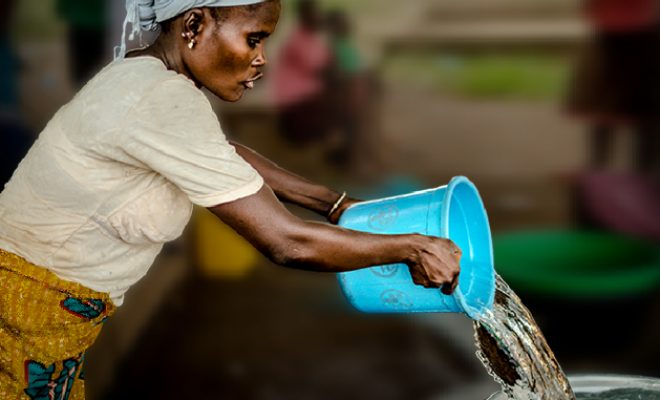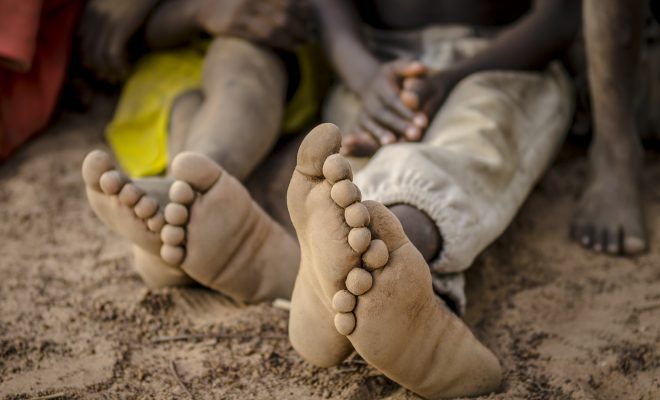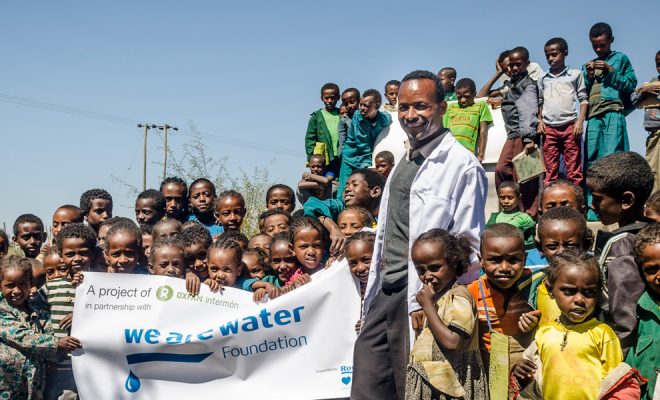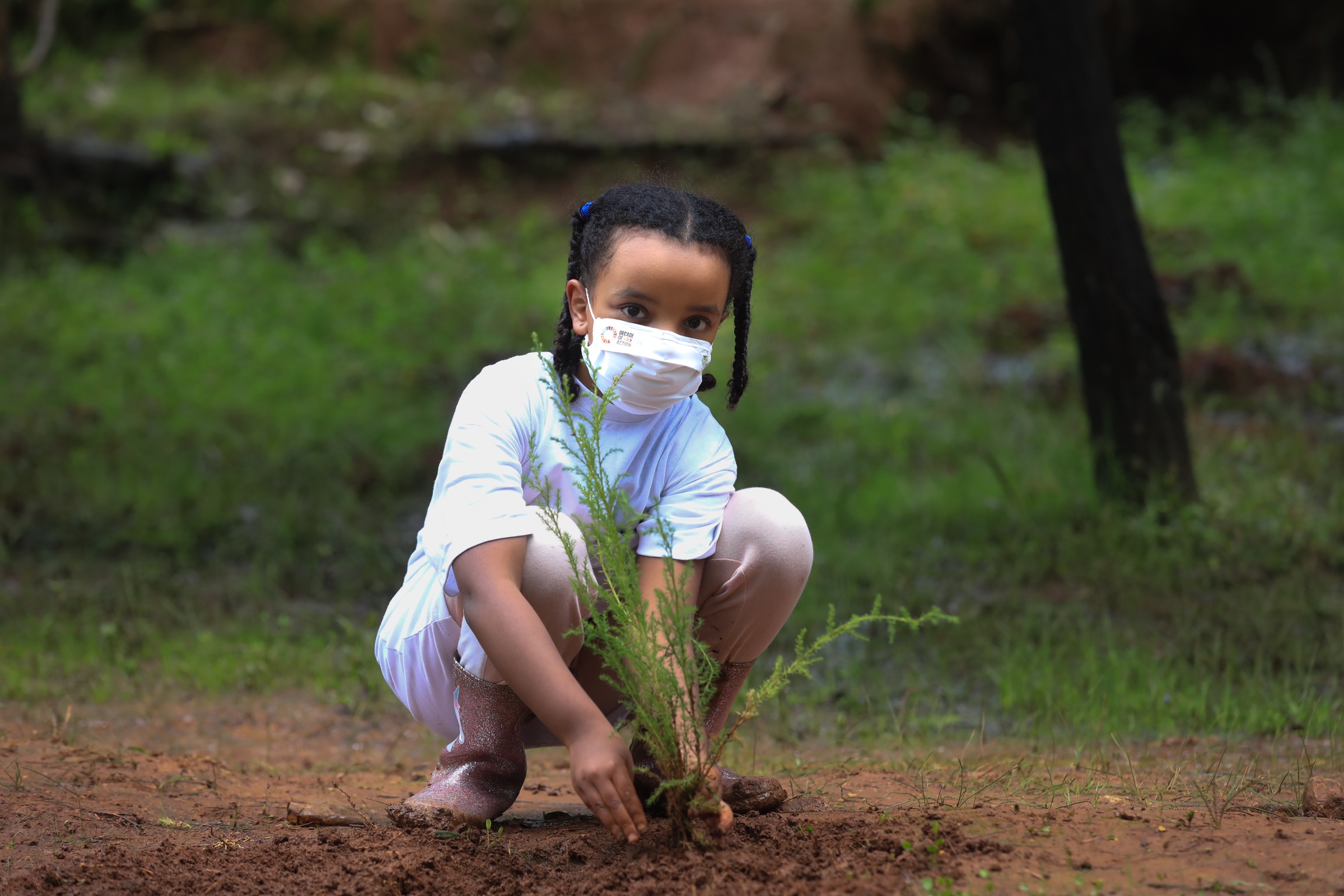
Science and solidarity are our key assets to move forward.© UNICEF Ethiopia/2020/NahomTesfaye.
In March 2015, Bill Gates gave a talk on the TED platform in which he warned, or rather forecasted, that one of the greatest threats for humanity was a viral pandemic that would be transmitted through the respiratory tract. The philanthropist explained that, unlike the Ebola epidemic that had affected different areas in Africa, a disease that would not require bed rest in its first stages, that would not develop symptoms in many infected people and that would be transmitted through air could become globally lethal for an interconnected and fundamentally urban society.
The talk by the former president of Microsoft and driving force behind the Bill & Melinda Gates Foundation achieved great dissemination on social media; however, no one reacted to his warning. For most of the population and for governments, the Ebola, SARS and bird flu crises- the most recent at the time – were far in time and space and AIDS had become a chronic disease that could be medically controlled. Perhaps for the same reason, when the WHO published its Annual report on global preparedness for health emergencies in September 2019, no one seemed to be concerned about the fact that the text explicitly referred to the risk of a pandemic caused by a respiratory transmitted disease with serious deadly and economic consequences for humanity.
Face to face with evidence
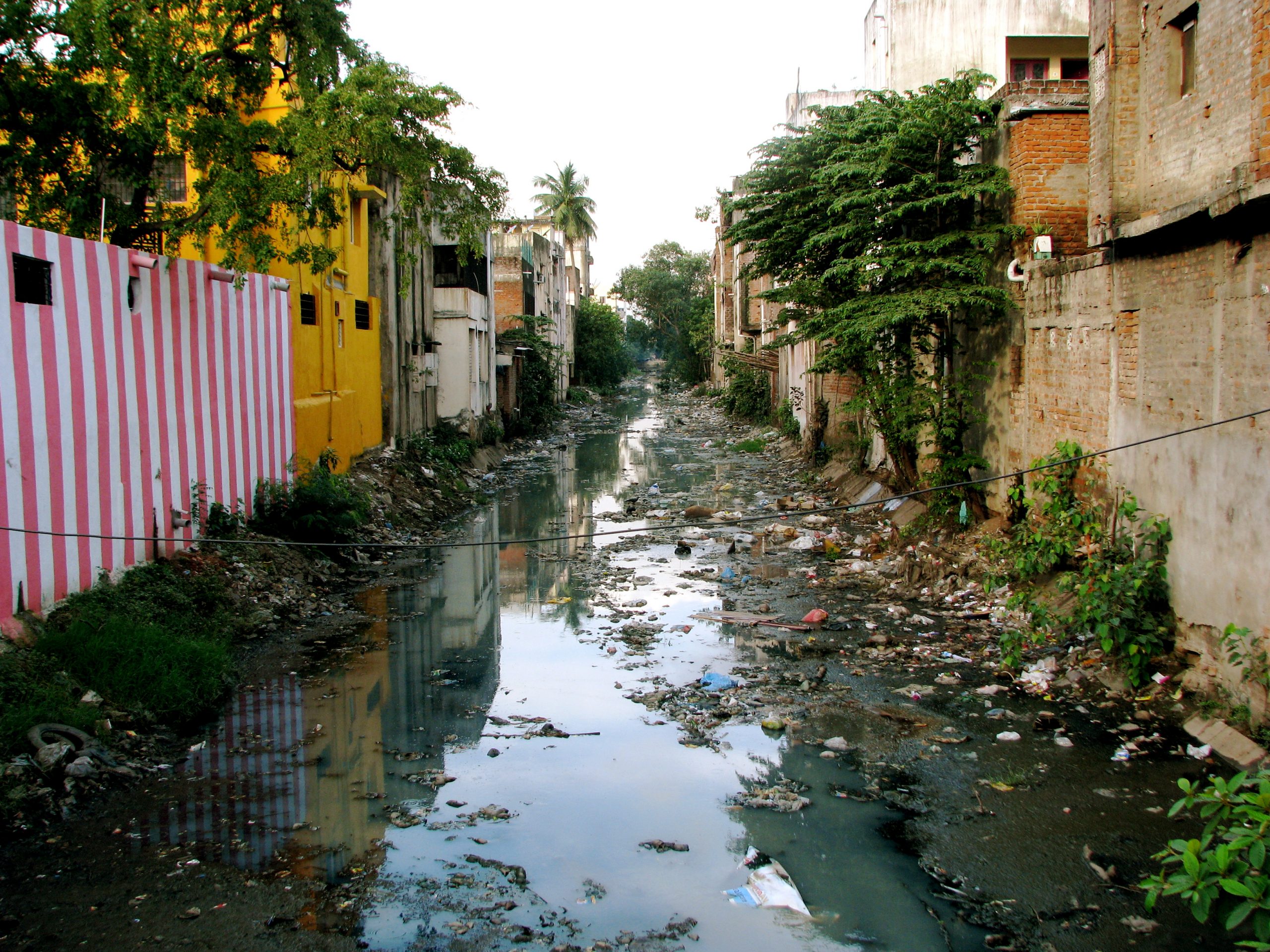
Cimate change and environmental deterioration, two phenomena directly related to the water crisis.© McKay Savage.
Both Gates and the WHO were based on forecasts obtained from mathematical models, like the ones being developed now, which take three key factors into consideration: the alteration of the natural environment, the excess of air transport and urban agglomeration. Just five months after the WHO report, the Covid-19 pandemic ravaged the world.
Historically, we have proven that we only react on a collective basis when we are face to face with the problem. Warnings are quickly forgotten in the industrialized world, which almost always relied blindly on its technological capacity to react.
Something similar to the health situation is happening with the alarm caused by climate change and environmental deterioration, two phenomena directly related to the water crisis. For at least three decades, scientific reports have warned with unquestionable data of global warming, pollution, poor management of the territory and the growing economic and demographic imbalance. However, it has taken recurrent droughts, devastating forest fires, the melting of polar and alpine ice, the appearance of prehistoric animals buried in permafrost, the lengthening of the hurricane season, water crises in large cities and a long list of shocking anomalies for society to perceive the problem, become aware of it and stop “postponing” necessary actions.
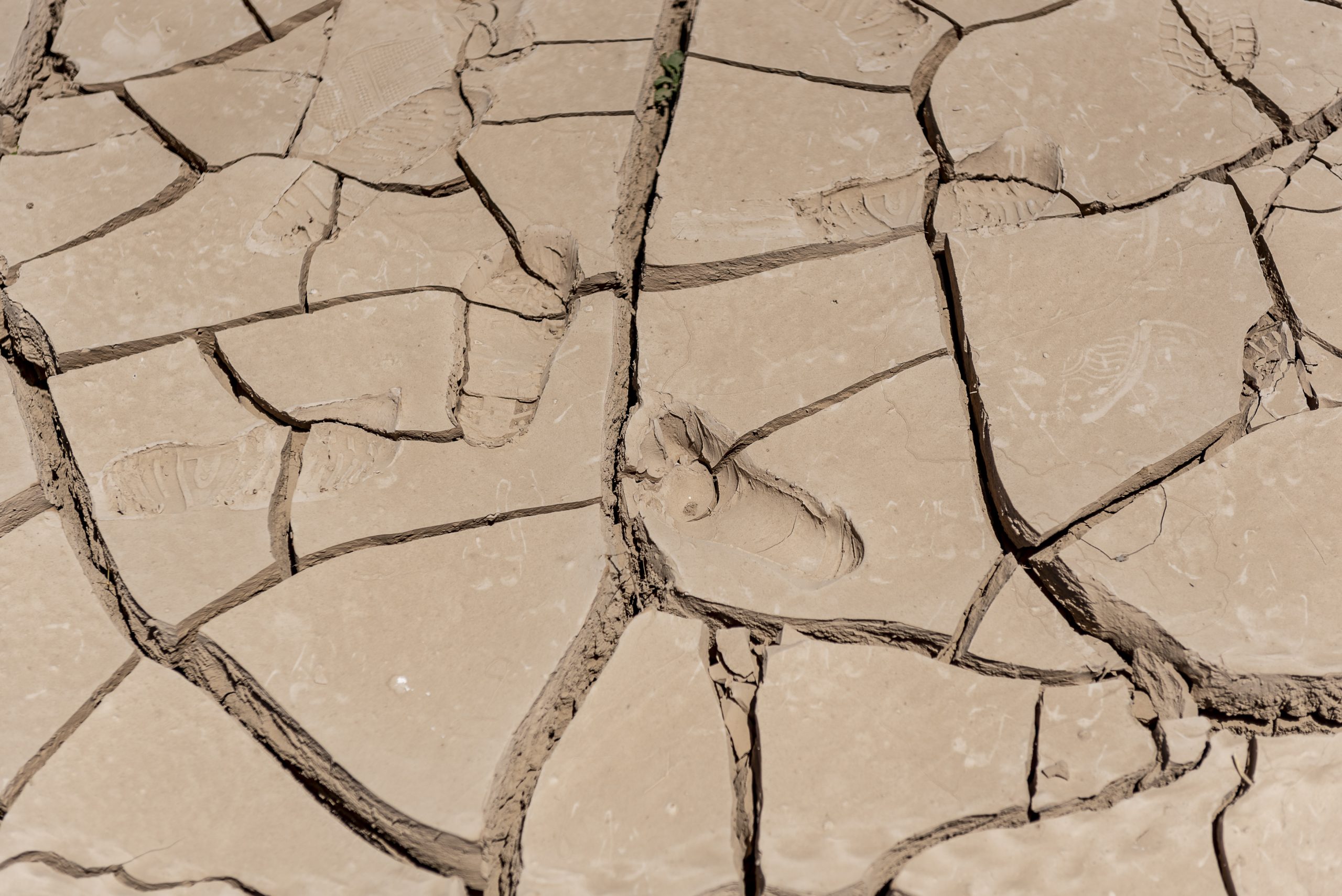
The disruption of the water cycle on Earth will not only lead to more droughts and floods, but its effect, combined with temperature changes, can lead to a positive feedback phenomenon of global warming. © Carlos Garriga/ We Are Water Foundation.
Denialism changes, but continues to be there
Denialism, which has always accompanied the climate crisis in all its variations, also appeared with Covid-19. One positive aspect, even if it may seem paradoxical, is that the avalanche of direct evidence offered by the pandemic as months went by – collapse of hospital systems and deaths – made denialism lose some of its followers. However, those who still advocated denialism became more radical, reasserting themselves in the alleged conspiracies, the harmfulness of vaccines and the promotion of distrust in scientific methods, discrediting biologists, epidemiologists and government regulations based on their conclusions.
It is very similar to the evolution of the position on the evidence of climate change. There are few who deny there is a change, but there is still a radicalized group of deniers who refuse its anthropogenic causes and present the scientists who support them as phonies sold to anti-system powers.
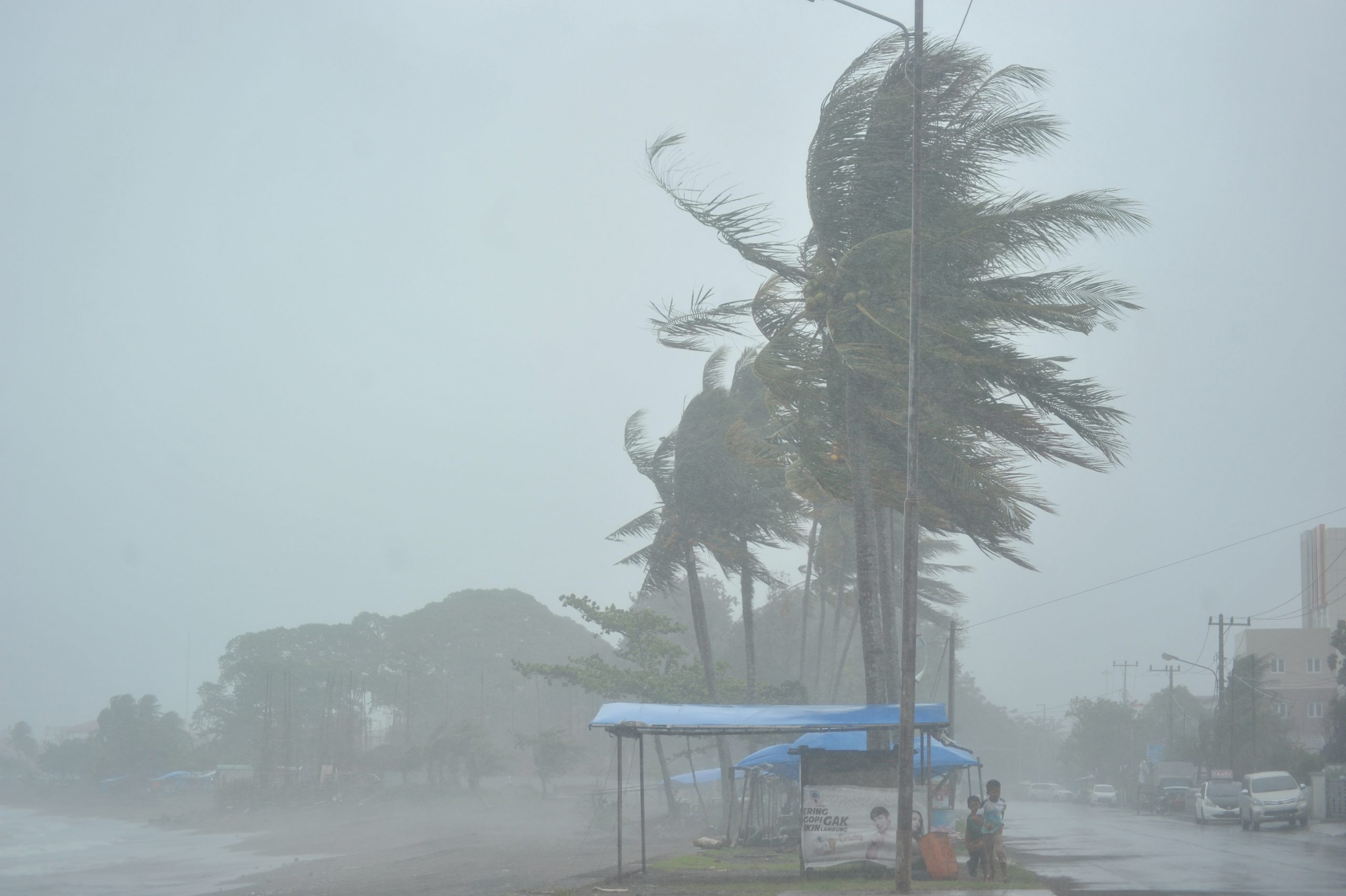
For the more than 7.8 billion people on Earth, the relationship with nature is increasingly fragile and science has been warning of it for decades. © World Meteorological Organitazion
The “post-Covid age”
The harsh blow of the pandemic has made many see that things were not working as we unconsciously thought (or were made to think), and that we are neither technologically nor governmentally prepared to face collective crises. The pandemic has made us realize in a few months what the environmental crisis has been doing for decades: it changes the scale of time, but not the universality of the problem, which requires a radical change of direction that leads to immediate action.
Civil society has been left anxious about the drift shown by its leaders in the face of the pandemic, just as it is confused by the lack of united decisions with regard to the fight of global warming, pollution and water crises. The change of leadership in the USA has given way to new hopeful expectations to face a world in which threats have changed and now more than ever requires multilateral solutions based on science that encompass all social and economic activities.
Philosophers, sociologists, scientists and economists openly speak of a change of era, perhaps even of age – it is called the “post-Covid” age”, with 2021 being “year zero”, and place humanity in the face of a future that has never before been so uncertain.
Sharing risk factors in a constant adaptation to change
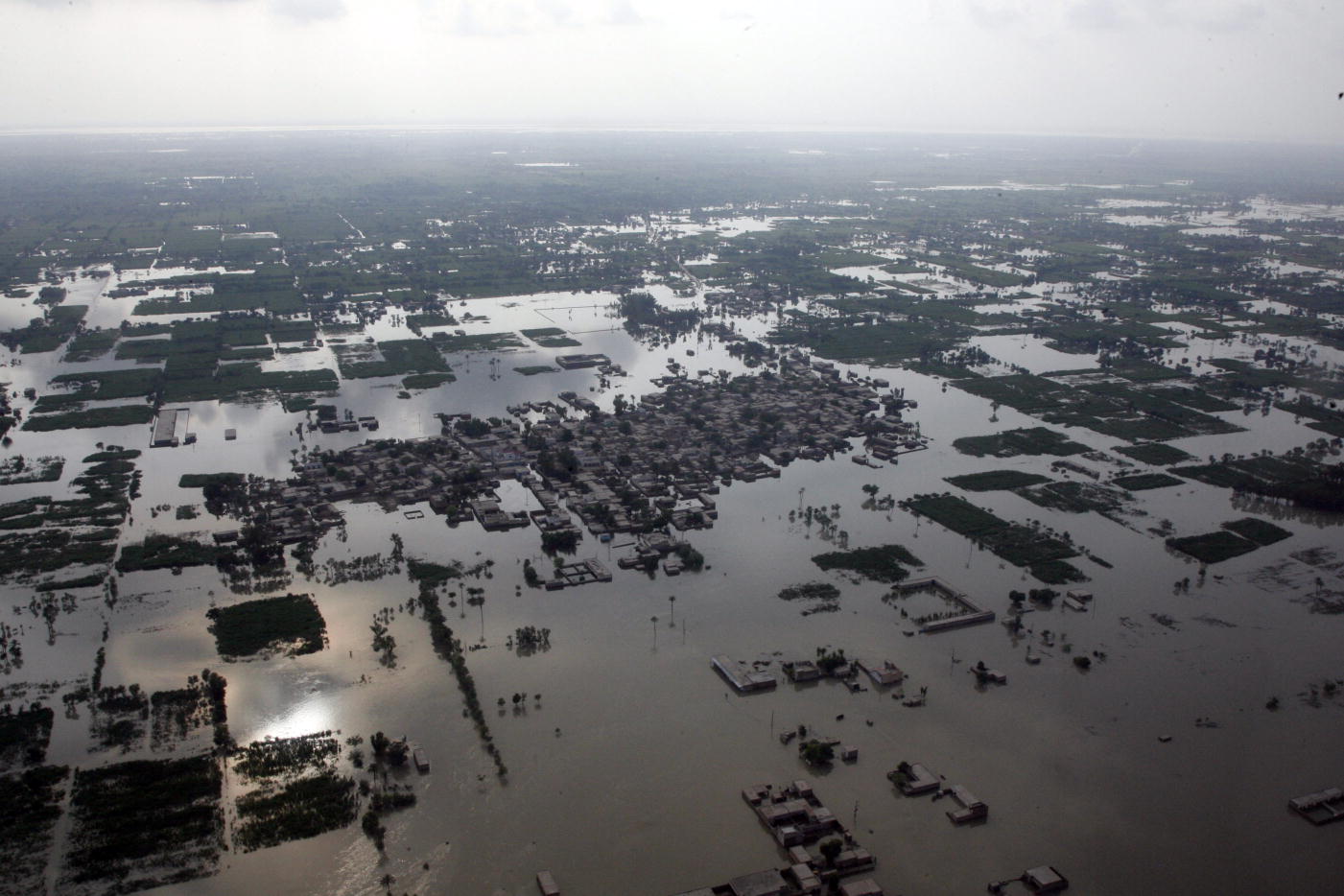
We have to learn to live with shared risk factors, both in terms of health and in terms of climate and the environment. © UN Photo/Evan Schneider
We have to learn to live with shared risk factors, both in terms of health and in terms of climate and the environment. The disruption of the water cycle on Earth will not only lead to more droughts and floods, but its effect, combined with temperature changes, can lead to a positive feedback phenomenon of global warming, like the one scientists warn can occur with the melting of Arctic permafrost and the release of large amounts of methane.
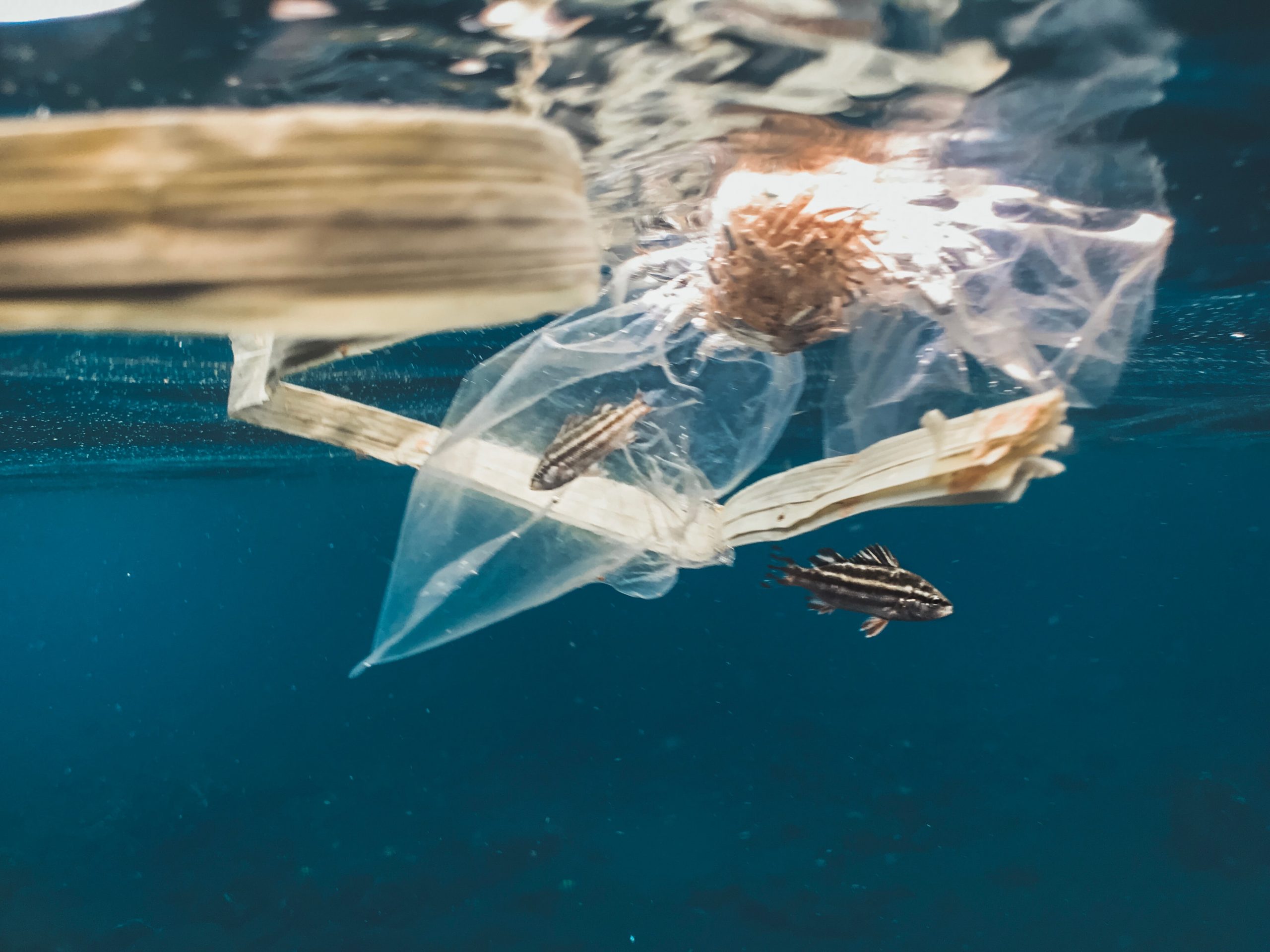
In the ocean,imbalances in the food chain, as may occur in the recently discovered bacteria that digest plastic, are a threat to the balance of the carbon cycle,© Naja Bertolt-Jensen-unsplash
Another example is provided by the ocean. Imbalances in the food chain, as may occur in the recently discovered bacteria that digest plastic, are a threat to the balance of the carbon cycle, which in turn determines the level of global warming and in consequence, climate. Everything is related, and on a planetary scale.
For the more than 7.8 billion people on Earth, the relationship with nature is increasingly fragile and science has been warning of it for decades. Any change in the conditions of the systems in which we live may trigger uncertain consequences. As science delves into a phenomenon, new variables emerge and complexity increases.
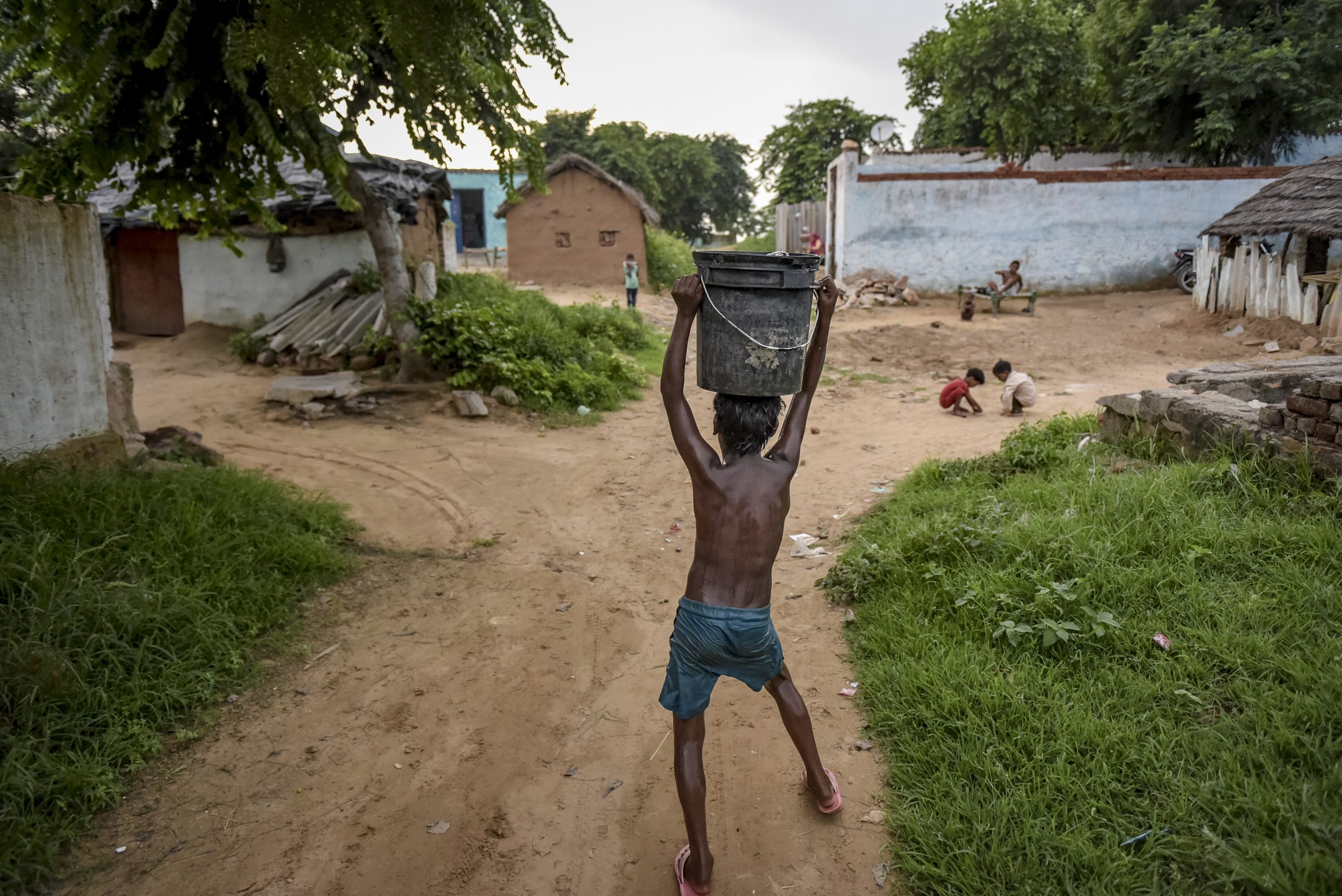
The liquidity of our society is evident and it is the fate of this new age: we must constantly adapt to changes, this is the greatest challenge of resilience. © Carlos Garriga / We Are Water Foundation.
Today’s certainty can be altered tomorrow. The spectacular technological advances often hide from us the fact that we know very little of viruses, of climate, of the water cycle… The liquidity of our society is evident and it is the fate of this new age: we must constantly adapt to changes, this is the greatest challenge of resilience. The scientific method, based on the honesty of observation and the humility of dialectics, is the best asset we have to understand that we are all sailing in the same boat and that no one can be isolated in their well-being anymore. Health, climate and even economic risks have become collective, and solidarity will allow us to face them successfully.
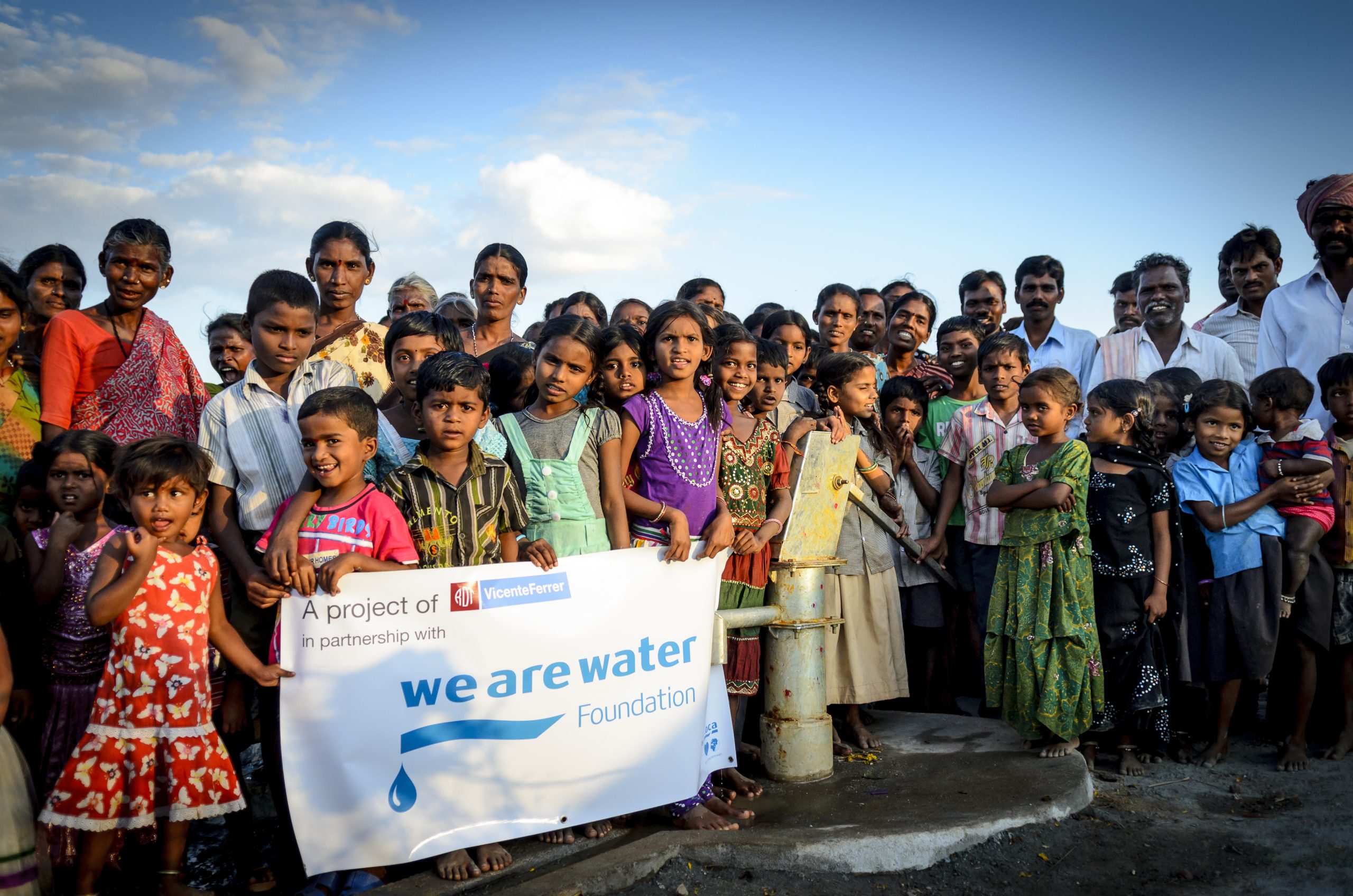
Health, climate and even economic risks have become collective, and solidarity will allow us to face them successfully.. © Carlos Garriga / We Are Water Foundation.



